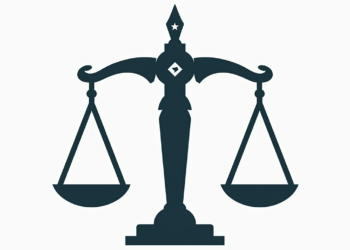No products in the cart.
The Federal Court of Justice ruled in the case i have advocated on the admissibility of bot software for the world of warcraft game and rejected my client’s appeal in large part. Since the reasoning for the judgment has not yet been given, it is very difficult to deal with the matter and to deal with it very easily. Contrary to reports to the contrary, it is therefore not clear why the bot software is anti-competitive and what characteristics such software may or must not have in order to ensure that there is no anti-competitive nature.
As soon as I have the explanatory statement, I will make a detailed statement and analyse the impact. I will also give a more detailed analysis next week on the grounds for the judgment of the Federal Court of Justice on 11 January on the basis of an appeal against a judgment of the OLG Dresden regarding the admissibility of the commercial use of game clients.
However, a very decisive passage of the judgment concerns the extent of the rights of use. Here’s how the FEDERAL Court of Justice decided:
According to § 69d para. 3 UrhG may, even without the consent of the person entitled to use a copy of a computer program, perform the acts to load, display, expire, transmit or save the program to which it is entitled under the license agreement, even without the consent of the to observe, investigate or test the functioning of this programme and to identify the ideas and principles underlying a programme element if it pursues commercial or professional purposes and the licensing agreement only permitted to use the program for private purposes.
The provision of § 69d para. 3 UrhG is applicable only to computer programs and not to other works or services protected by copyright. The reproduction of a computer game that consists not only of a computer program, but also contains other copyright-protected works or performances, is therefore not protected under Section 69d (1) of the Copyright Act with regard to the reproduction of the other works or performances. 3 UrhG.
This means that reverse engineering, subject to the further requirements of Section 69d (3) UrhG, is allowed as long as you only examine the program code, i.e. the EXE, and do not load and display audio-visual elements. Until now, the usual regional courts and higher regional courts saw this differently, they thought that computer games were film works and that any investigation was not carried out by Section 69d Para. 3 is covered.



















